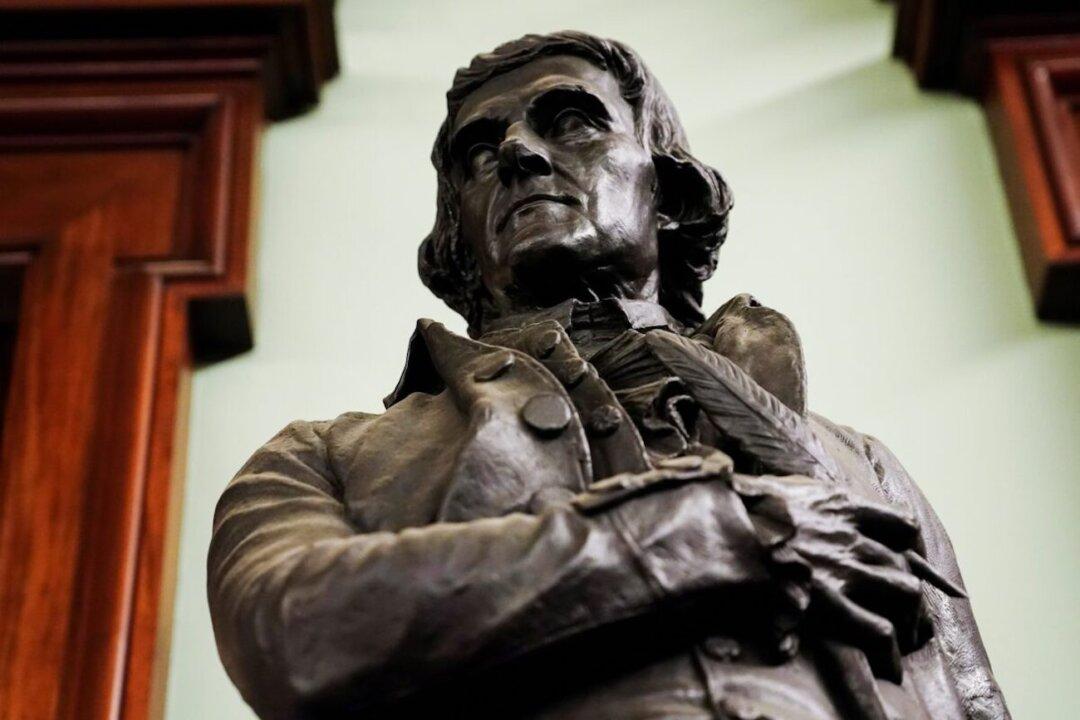Commentary
After 187 years, the statue of Thomas Jefferson was removed from New York City Hall. The reason for the removal could be guessed without having even heard about the removal. Jefferson owned slaves. A lot of slaves.

After 187 years, the statue of Thomas Jefferson was removed from New York City Hall. The reason for the removal could be guessed without having even heard about the removal. Jefferson owned slaves. A lot of slaves.